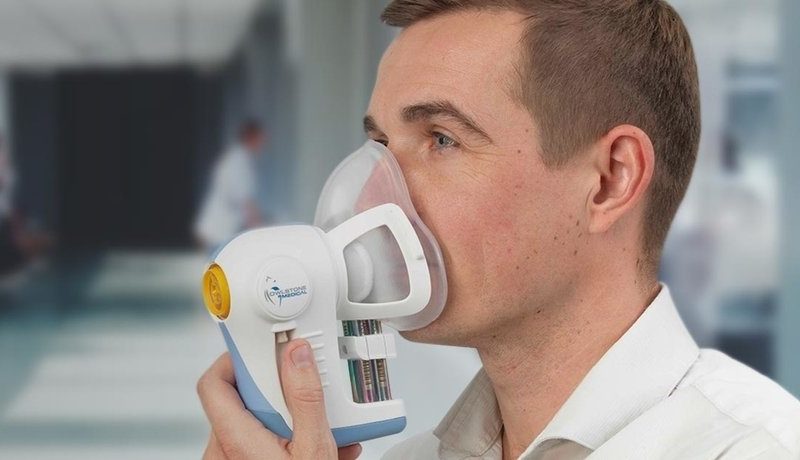To help further its work to catalogue the countless compounds we exhale—and provide a closer look into our health—Owlstone Medical raised $58 million to support its efforts in the field of breath biopsy.
The former Fierce 15 winner’s system captures the airborne organic compounds that are drawn out through the lungs from nearly anywhere in the body alongside oxygen and carbon dioxide, providing biomarkers to track the function of the liver, gastrointestinal tract and more.
The latest series D funding brings the Cambridge, U.K.-based company’s total venture capital haul to over $150 million since its founding in 2016. The round was led by Horizons Ventures, which was joined by other unnamed international investors.
Meanwhile, Owlstone said it’s bringing in its own revenue by providing tests for research use only, including drug development work focused on lung cancer, liver diseases and respiratory conditions, with the latest proceeds slated to accelerate those projects. Other offerings under development include measures of gut function and food intolerance.
Its first commercial breath biopsy panel, launched this January, distinguishes between different chronic inflammatory airway conditions including asthma, idiopathic pulmonary fibrosis and chronic obstructive pulmonary disease, or COPD.
Previously, a clinical study showed Owlstone’s devices could work as noninvasive diagnostic tests for nonalcoholic fatty liver disease and nonalcoholic steatohepatitis, known as NAFLD and NASH, respectively.
It did so by not just passively collecting breaths but by giving the body something to chew on and seeing how it responds.
Employing a commonly used food additive as a chemical probe—one that is naturally found in citrus peels, known as limonene—Owlstone found that people with liver cancer or cirrhosis were unable to sufficiently metabolize and clear out the compound.
“Much like how PET scans work, this involves the introduction of a compound to the body that elicits a strong and clearly readable signal over background,” Owlstone co-founder and CEO Billy Boyle said in a statement at the time, adding that the company’s probe-based approach could also be applied to areas such as lung cancer.

